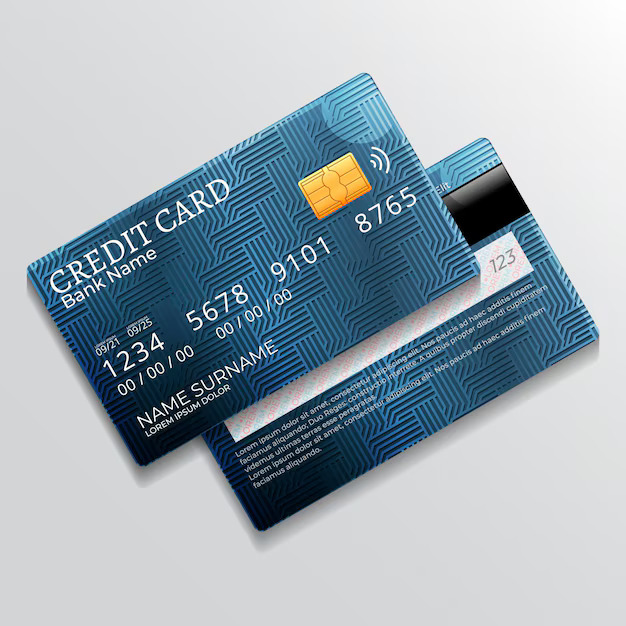What is an SBA Loan? &…
Small businesses are the backbone of the economy, driving innovation, creating jobs,…
Simply provide some info about your business, and Fundify.io quickly matches you with lenders based on your business needs.
Small businesses are the backbone of the economy, driving innovation, creating jobs,…
Introduction Crowdfunding has revolutionized the way entrepreneurs and innovators bring their ideas…
Fundify is built for lenders to improve application experience and seamlessly organize documents and client communications. Scaling revenue has never been easier.
Super charge your sales and business development team with Fundify.io, the missing piece to grow your lender business.
Small businesses are the backbone of the economy, driving innovation, creating jobs,…
Introduction Crowdfunding has revolutionized the way entrepreneurs and innovators bring their ideas…
Simplifying and accelerating business loans
Find the right role for you at Fundify.io
Learn how to partner with Fundify.io
Increase your chances of approval with our unique compatibility system that’ll match you with the lender that’s right for you.
Here at fundify.io, we strive to find businesses the RIGHT loan based on their needs and financial goals. This will be one of the few articles you’ll find that doesn’t push any specific credit card and anything linked in this blog is NOT commissioned.

Here at fundify.io, we strive to find businesses the RIGHT loan based on their needs and financial goals. This will be one of the few articles you’ll find that doesn’t push any specific credit card and anything linked in this blog is NOT commissioned.
Given we’re in the business of helping businesses make good financial decisions and access more financial loan/lending opportunities it would be amiss of us not to discuss The Business Credit Card. When used properly, it can be an invaluable tool.
Continue reading if you want to know more about Business Credit Cards, tips, and tricks to using and managing them as well as some other important information.
A business credit card is a credit card designed specifically for business-related expenses. Business owners, executives, and employees can use these cards to pay for a variety of business expenses, including:
Business credit cards often come with a range of benefits, such as:
These cards typically offer higher credit limits than personal credit cards and include tools and services to help businesses manage their finances more effectively.
Some business credit cards may require a personal guarantee, meaning the business owner is personally liable for any debts incurred. Others may not require a personal guarantee but may have stricter creditworthiness criteria for the business to qualify.
The terms “business credit card” and “small-business credit card” are often used interchangeably. Both are designed for business use, offering similar benefits and features, such as:
Some issuers may differentiate the two by offering lower credit limits or different rewards programs specifically for small-business credit cards. However, the core functionalities remain the same.
While both business credit cards and corporate cards are used for business expenses, there are key differences:
To qualify for a business credit card, you typically need to meet certain eligibility criteria set by the credit card issuer. Here are some of the most common requirements in no particular order:
Fundify provides financial education services through blogs, posts, templates, and support documents to inform and educate on various financial topics such as budgeting, investing, and small business finance. These resources are not a substitute for professional advice from a certified accountant or financial advisor.
Clients are responsible for their financial decisions, and Fundify is not liable for any damages or losses resulting from such decisions. The information provided is general and may not be suitable for all individuals or situations.
We encourage clients to seek advice from certified professionals for specific financial guidance. Fundify does not endorse specific financial products or services and is not responsible for third-party information or links provided.
By using Fundify’s financial education tools, clients acknowledge and accept these terms. For more information, please review our Terms of Service or Privacy Policy on our website.